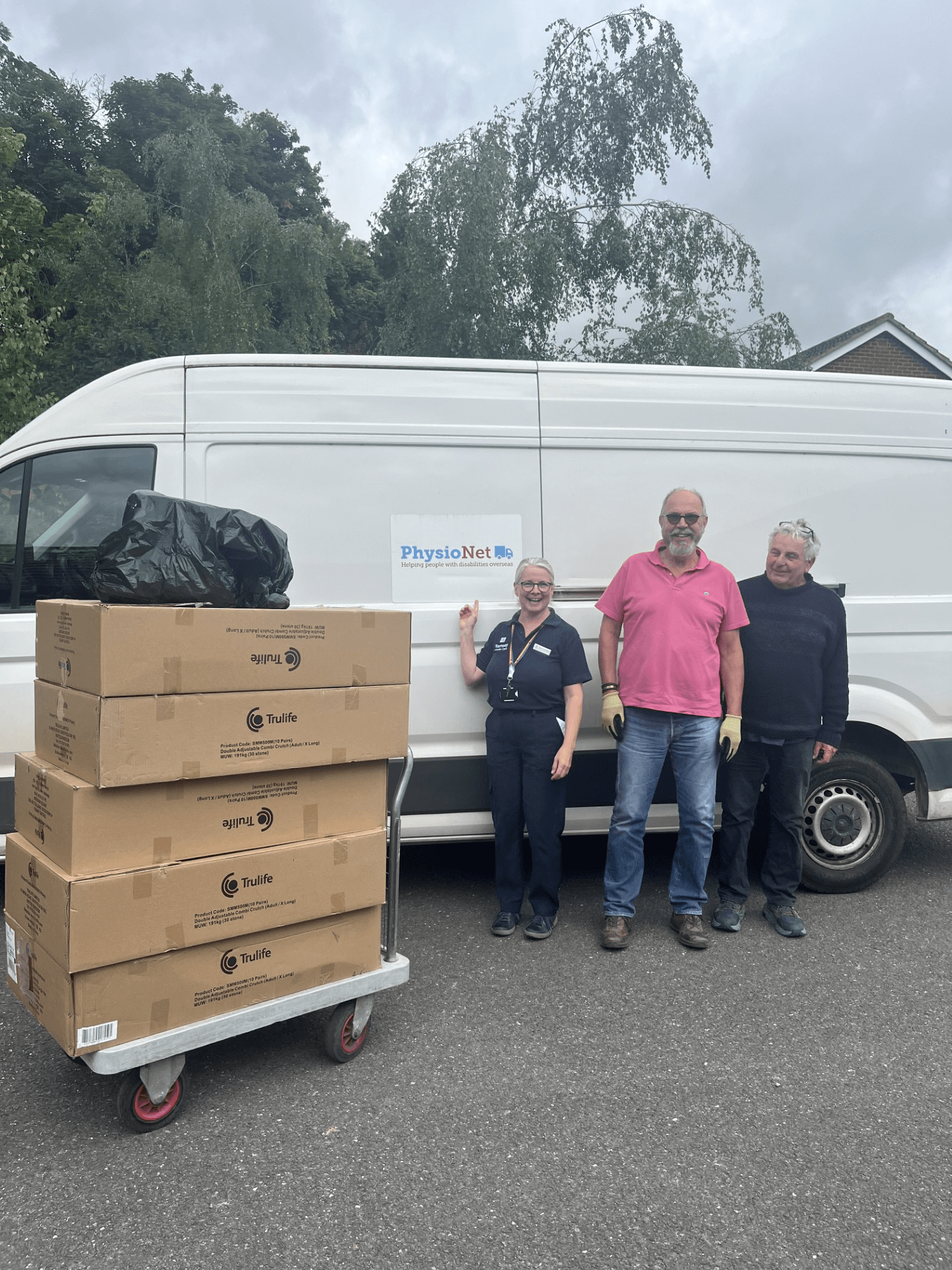Fitzwilliam Hospital Specialists
-
Mr Tariq Ahmad
Mr Tariq Ahmad is a Plastic Surgeon at Fitzwilliam Hospital in Peterborough
Read more -
Mr Anthony Barabas
Mr Anthony Barabas is a Consultant Plastic Surgeon in Peterborough working at Fitzwilliam Hospital.
Read more -
Miss Michelle Lo
Miss Michelle Lo is a Consultant Plastic Surgeon in Peterborough who specialises in skin cancer, scar management, benign lesions inlcuding skin tags.
Read more -

Prof Charles Malata
Mr Charles Malata is a consultant in cosmetic and reconstructive plastic surgery at Fitzwilliam Hospital in Peterborough
Read more -

Mr John Mathew
Mr John Mathew MBBS, MS, FRCS (Edin), DM, FRCS Surgery Consultant oncoplastic breast surgeon, Peterborough
Read more -
Mr Joseph Walls
Mr Walls is a consultant Plastic and Reconstructive Surgeon in the NHS and specialising in skin cancer, facial, breast and abdominal reconstruction.
Read more


